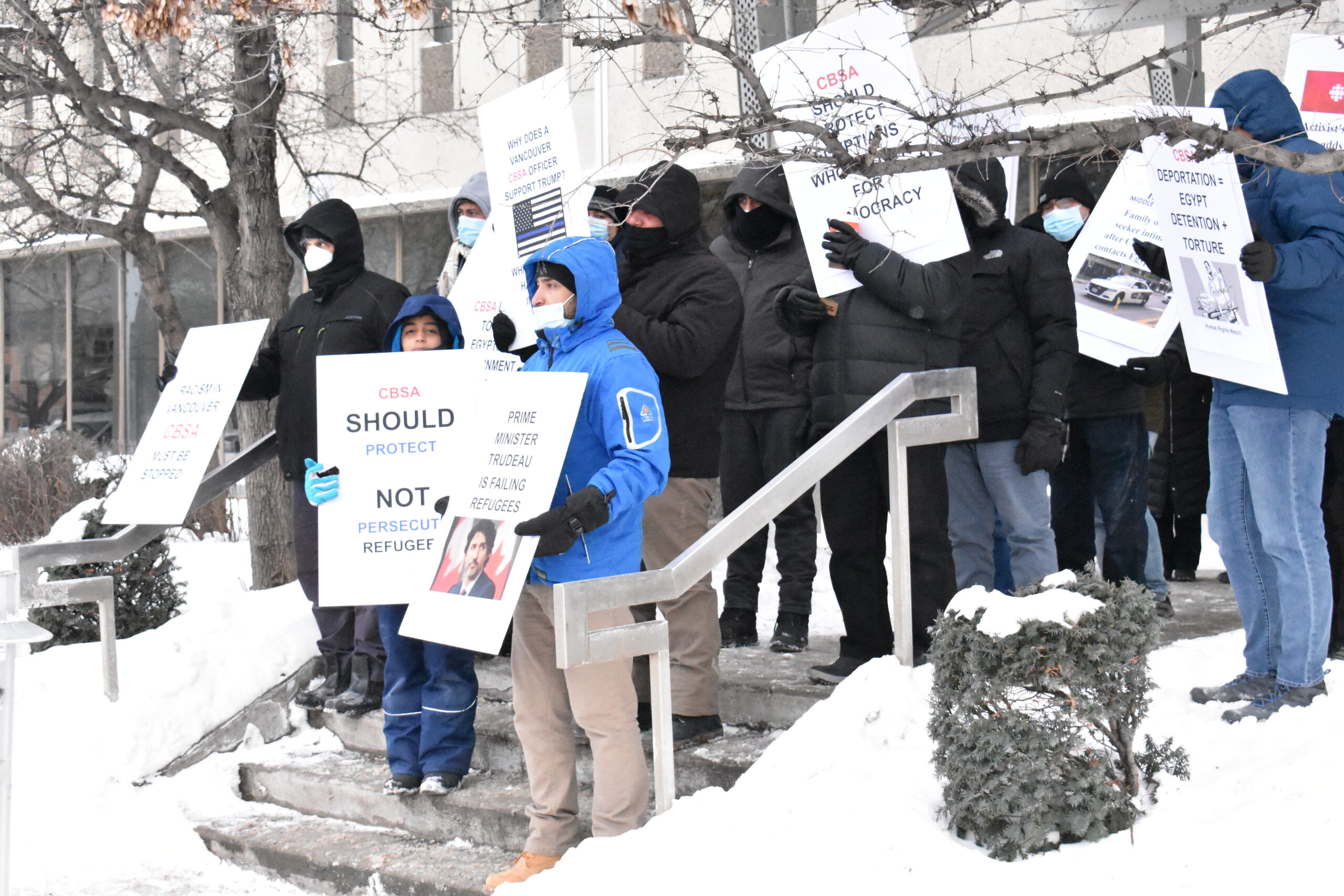The university recently announced that in-person classes would resume on Feb. 3
Concordia University’s decision to delay the return to in-person learning beyond Quebec’s recently announced date of Jan. 17, 2022, was the move that many students saw coming. Concordia shared in a statement that the university plans to welcome students, faculty, and staff back to classrooms on Feb. 3.
“I’d love to [return to in-person learning], but I want it to be safe and have everyone feel comfortable, because school is supposed to be a place where you feel safe,” said Selma Ferdjioui, a first-year journalism student at Concordia.
“I don’t want to go back and worry about us all getting sick.”
Concordia University initially planned on extending online instruction until Jan. 19, following the province’s guidelines for educational institutions. However, according to some students the previous date to return was unrealistic.
“COVID cases are still going up so it wouldn’t make sense to make it in-person now, when COVID cases are getting worse,” said Julia Lecompte-Robbins, a first-year early childhood and elementary education student at Concordia. “Everyone’s health is more important than getting back to in-person classes right now.”
University students across Quebec attended a mixture of their classes online and in-person during the fall semester of 2021. In the wake of surging Omicron variant cases and hospitalizations in Quebec, many students said that returning toa primarily online learning platform feels like the obvious and necessary move.
“Even though my life is very limited to being at home and not doing much, I would rather do that than go out, get sick, or give COVID to other people,” shared Ferdjioui.
“I think [delaying the return to in-person classes] is a smart move on Concordia’s part,” said Karim Ghrayeb, a first-year economics student at Concordia. “It only takes one student who has COVID to spread it, so opening all the schools is a risk.”
In response to the rapidly evolving public health circumstances in the province, Concordia notified students that “should there be any change to [the return to in-person classes on Feb. 3], we will give faculty, staff, and students a week’s notice.”
The lingering uncertainty of whether Concordia will resume in-person classes has led some students to delay the process of completing their studies.
Dina Bastounis, a first-year journalism student at Concordia, said that the initial return to online classes in the winter semester was a significant contributing factor in her decision to delay registering for her core courses.
“I need to be in the mix of it, where the environment is conducive to my learning,” she said. Living with a full house composed of others trying to make do with remote work and school made this a challenging task for Bastounis.
“For me to continue in the journalism program, I knew what would work for me and what wouldn’t,” said Bastounis. “I told myself that this was probably going to remain online for more than two weeks and decided to put it off and do it properly next year.”
For third-year biochemistry student Cindy Huang, the mere possibility of moving classes to in-person was a risk she couldn’t afford to take.
“I didn’t register for courses this semester because I didn’t feel safe going to school in person,” said Huang. “I don’t see any point in going back right now.”
The nature of her work often brings Huang into close contact with those who have tested positive for COVID-19, she explained. The unpredictability of Quebec’s evolving public health situation, coupled with Concordia’s lack of hybrid options for the winter semester, is what she said forced her to put a pause on her degree.
“A school is supposed to teach people that your life is more important than anything else,” said Huang. I think it’s ridiculous that you have to choose between going to school in-person or online at a time like this.”
While the return to in-person learning may be scheduled for Feb. 3, students wish to see more decisive actions taken on Concordia’s behalf.
“There’s so much back and forth,” said Bastounis. “Regardless of what the situation is, people want a definitive date that is somehow realistic instead of it being week-by-week. The university would be better off serving us by just simply deciding.”
Although not his first choice, Jay Tee, a first-year economics student, believes that sticking to an online semester would avoid further complications for students. “They should be more decisive,” he said. “Instead of extending our return to classes, they should just say that it will be from home and that’s that.”
With a tentative return date ahead, students hope that any future decisions made by Concordia in the coming weeks will be reflective of the province’s COVID numbers.
On Monday, Quebec reported 5,400 new cases of COVID-19 and 54 deaths. Accompanying this number, the province reported a new record of 3,381 hospitalizations, an increase of 81 from Sunday, including 286 in intensive care.
“If we still have the same amount of COVID cases as we did when they decided to put school online and add the curfew and close things, obviously returning to in-person classes might not be the greatest idea,” shared Ferdjioui. “If cases get lower and lower, then why not return? At the same time, I don’t want to go to school and be scared of getting COVID either.”
Returning slightly later than expected is a “better option” than returning on Jan. 19, said Lecompte-Robbins. However, she believes the consequences are likely to remain the same.
“It’s taking away two weeks where people can be exposed to COVID by being at school,” said Lecompte-Robbins. “At the same time, we’re going back anyway and [COVID] is still going to circulate around campus either way.”
“It’s not going to fix the problem permanently, but it helps,” said Ghrayeb. “I just hope that [returning on Feb. 3] is not a rash decision just to get people back into studying in classrooms, at the risk of increasing cases.”
Photos by Caroline Fabre
